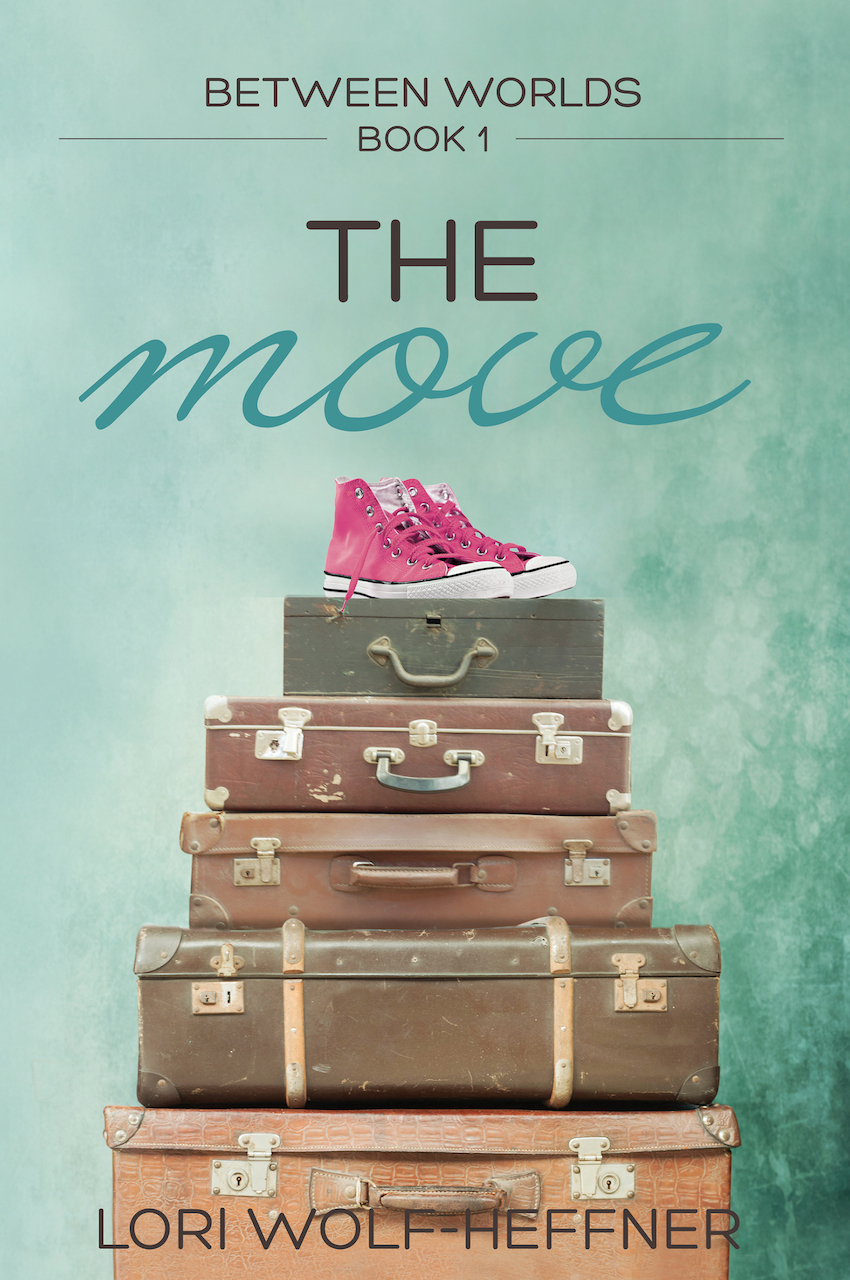Have you ever read a story or watched a movie only to be disappointed in the ending because the protagonist won too easily? Don’t get me wrong: sometimes I enjoy a little cheese in my entertainment, especially at Christmastime, but I can only handle so much of it. I prefer books that keep it real without getting depressing. That’s why it’s so important to write about anger in a way that’s true to a character but that doesn’t just dissipate at the end because, heck, that’s the way life is. In the movies. When protagonists win, I want that win to be a genuine victory, not a cheap conclusion. And if the protagonist carries a little anger with her still, that’s okay, too. As I said, I want to keep it real. So today, I’m writing about writing about anger.
Writing about Anger

Anger is hard to do effectively in fiction, because it’s very easy to just have everyone yelling at each other. This kind of prose usually includes lots of exclamation marks. Juliana does yell at her parents, and they certainly yell back, but that’s not all Juliana does. For example, she expresses her anger in these ways in Between Worlds 1: The Move:
- She tries not to listen to Mom when Mom is explaining again why they’re moving.
- She and Rachel, her best friend in Calgary, wonder why Mom’s family can’t put Opa (Juliana’s grandfather) in a home.
- She escapes to the basement in Opa’s home, because she has nowhere else to go.
Is Juliana Always an Angry Teen?
I was actually afraid as I wrote the first book and worked with my editors, Heather Wright and Susan Fish, that people would think the entire series was about an angry teen girl. Thankfully, people have read through to the next books. But it was something I worried about.
No, Juliana is not always angry.
However, if life is good where you live, how would you react to having to move so far away that you couldn’t visit your friends again soon? My choice of weapon at that age was passive aggressiveness towards my parents, but I didn’t think that would make for an interesting plot.
If I had introduced Juliana as a happy-go-lucky teen girl who, oh golly, couldn’t wait to move so far away from her friends, the story would have been so far from realistic that no one would’ve picked up the second book.
At the same time, I needed to end Juliana’s story in a way that was uplifting but real.
Where’s the Win for Juliana? (The Move SPOILER ALERT)
Hopefully, you’ve read the book if you’re reading this blog post. If you haven’t, then here’s your spoiler alert:
STOP READING! SPOILER ALERT! GO BACK AND FINISH THE MOVE! CONTINUE READING THIS POST AT YOUR OWN RISK!
You’ve been warned.
By the end of The Move, Juliana isn’t exactly jumping for joy at the amazing place she has moved to. That would’ve been too easy a win for her and, I think, highly unsatisfying for readers. In the real world, even a new job can take a year to really feel comfortable with it. Moving to a new home across the country? You don’t get comfortable in a few weeks.
However, I wanted readers to see by the end that Juliana had found through dance and the discovery of Elisabeth’s sketchbook that she came to believe that she could indeed make it through. Of course, she isn’t thrilled by the end, but she has found a way inside herself to somehow take control of the situation, to adjust to it.
As you read the series, you’ll see how she grows and how different sides of her personality cope in different situations. But one thing I can spoil for you: Juliana isn’t angry all the time. In fact, she cares deeply about people, but it’s very hard to do when your world changes without your permission, isn’t it?
If you haven’t read Between Worlds 1: The Move yet, get your copy now:


